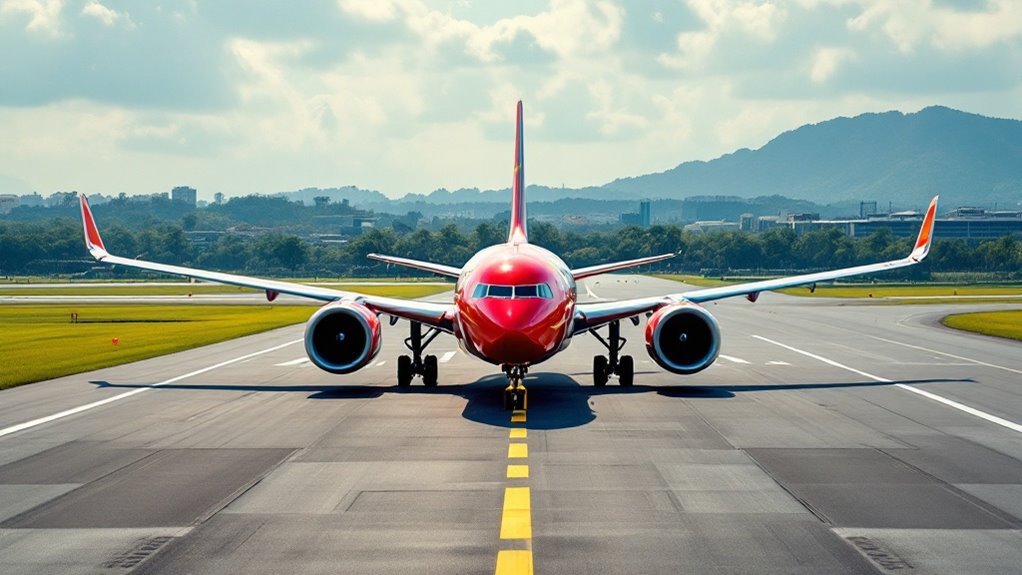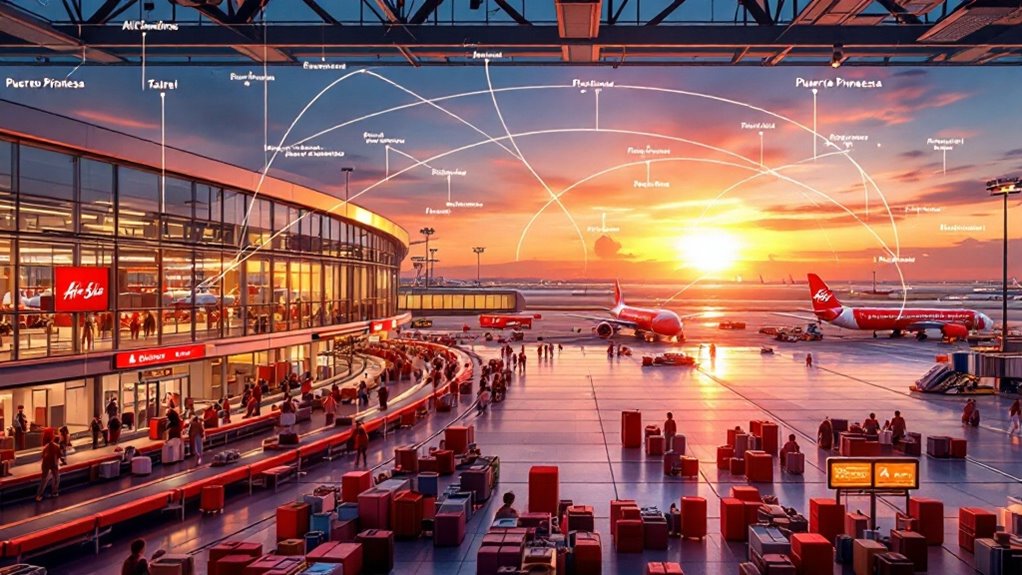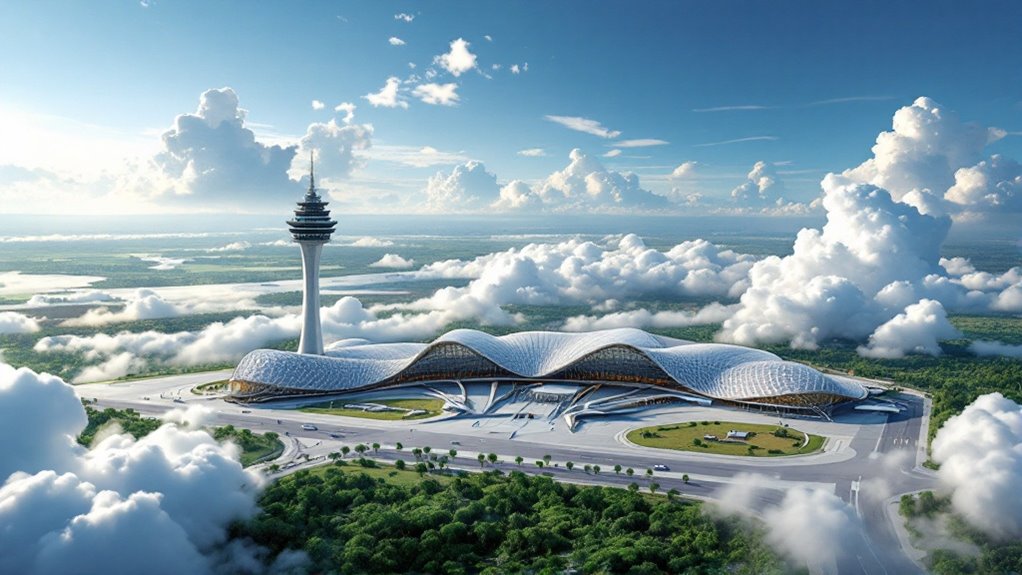Vietjet Air is reallocating 50 Boeing 737-8 aircraft from its order book to Thai VietJet Air, its subsidiary in Thailand, with deliveries scheduled to begin in October 2025. This move notably increases Thai VietJet Air’s fleet capacity, supporting expanded operations in Thailand and Southeast Asia. The fleet strategy shift aims to capture growing tourism and business travel demand, while leveraging fuel-efficient aircraft. Future coverage will explore the strategic motivations, operational implications, and broader industry impacts of this decision.
Vietjet Air has announced a significant fleet reallocation, directing 50 Boeing 737-8 aircraft from its existing order of 200 to its Thai subsidiary, Thai VietJet Air, in a strategic move set to begin deliveries in October 2025. This allocation marks a major change in fleet strategy, supporting Thai VietJet Air’s expansion in Thailand and the broader Southeast Asian region.
Vietjet Air is reallocating 50 Boeing 737-8 jets to Thai VietJet Air, fueling regional growth from October 2025.
The aircraft involved are Boeing 737-8 models, part of the latest generation of the 737 family, known for their fuel efficiency and operational performance. These jets are particularly suited for the short to medium-haul routes common in Southeast Asia, making them well-matched to the region’s growing travel demands. Notably, Thai VietJetAir operates a smaller fleet of 18 aircraft, highlighting the significance of this incoming boost to their capacity. In addition, this transfer aligns with Vietjet’s commitment to sustainable aviation development, as emphasized in their recent agreements.
The reallocation is motivated by Vietjet’s aim to strengthen its Thai subsidiary’s competitive position amid increasing demand for both tourism and business travel between Vietnam, Thailand, and other neighboring countries. By reallocating a quarter of its Boeing order, Vietjet demonstrates a strong commitment to developing cross-border connectivity and integrating its regional operations.
This move positions Thai VietJet Air to capture a larger share of the market, with the expectation that enhanced capacity and network reach will support both tourism and commerce.
Boeing will provide extensive support and services for these aircraft, ensuring a smooth transfer and ongoing operational reliability. This arrangement not only underscores the importance of global industry partnerships but also enhances collaboration between Vietnam, Thailand, and the United States in the aviation sector.
The expanded fleet will allow Thai VietJet Air to increase flight frequencies, introduce more diverse routes, and improve customer service with modern, efficient aircraft.
Operational benefits include improved safety and efficiency standards due to the advanced technology of the Boeing 737-8. Passengers stand to gain from newer aircraft and expanded route options, while the airline benefits from cost-effective operations, supporting competitive fares in the low-cost carrier market.
The transfer reinforces Vietjet’s broader fleet modernization and expansion plans, positioning both the parent company and its Thai subsidiary for leadership in the rapidly evolving Southeast Asian aviation landscape.









